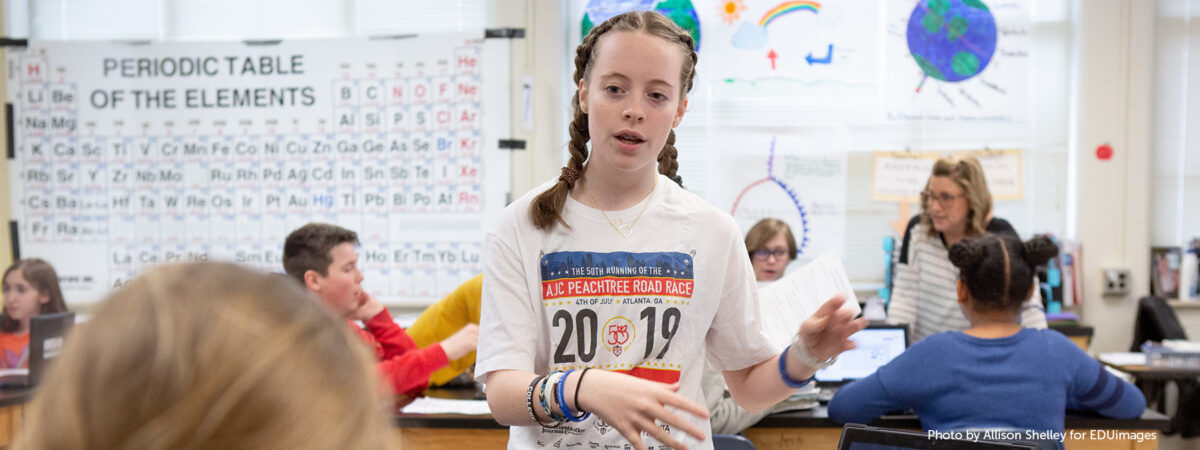
In the study, AI technologies such as voice and facial recognition were employed to track and analyze student engagement and student-teacher interaction in real time during one-to-one English language classes. Researchers analyzed how the AI collected engagement metrics are predictive with student self-report engagement and suggest that AI collected engagement metrics can go beyond monitoring— these AI systems and tools can dynamically adapt to students’ immediate needs. For example, the technology was able to evaluate student engagement by analyzing their facial expressions and listening to their voices as well as their teachers’ voices. When a student appeared puzzled or disengaged, the AI system alerted the teacher, prompting them to modify teaching methods or introduce more engaging content to regain the student’s focus. Additionally, if a teacher dominated the conversation, the AI suggested strategies to enhance student participation and maintain engagement.
Still, the findings were compelling: AI provided instant feedback to teachers that could be instrumental in customizing the educational experience for each student, thereby confirming that technology plays an essential role in improving learning outcomes.
Building on these findings, we can envision a future where AI integration goes beyond language learning. AI could potentially detect not only engagement but also emotions, facilitating a deeper connection between students, teachers, and the learning material. Imagine a history lesson that morphs into an interactive time travel adventure, or a math class where virtual reality helps students solve complex problems in real-time, all while their teacher is monitoring emotional cues with the support of technology to ensure the content resonates emotionally and intellectually with each student.
The potential for AI to facilitate learning by allowing teachers to better understand and respond to students’ emotional and cognitive states could dramatically enhance educational outcomes and make learning a truly personalized experience.
While the potential of AI in education is immense, it also brings forth ethical considerations, particularly regarding data privacy. Ensuring that data collection complies with stringent privacy standards and that students and parents are fully informed of AI’s role are crucial steps toward ethical AI implementation in classrooms.
Moreover, it is crucial to acknowledge that these technologies are still in their developmental stages and have not been comprehensively validated for use among students with disabilities or those from historically excluded populations, particularly Black and Brown communities. These systems face substantial challenges in delivering equitable performance across diverse demographic groups. Often, current AI models do not possess adequate data to effectively recognize and adjust to the varied expressions and vocal nuances characteristic of these populations. This deficiency underscores a vital area for ongoing research and development.
This study is a promising glimpse into the potential opportunities for AI in education. By turning classrooms into engaging, responsive, and personalized learning experiences, AI doesn’t just support teachers in preparing students for the future; it can also bring the future to them. As AI technology continues to evolve, it has the potential not only to support educational outcomes but also to inspire both students and teachers. Let’s embrace the possibilities with enthusiasm and caution, as we step boldly into the classroom of tomorrow.